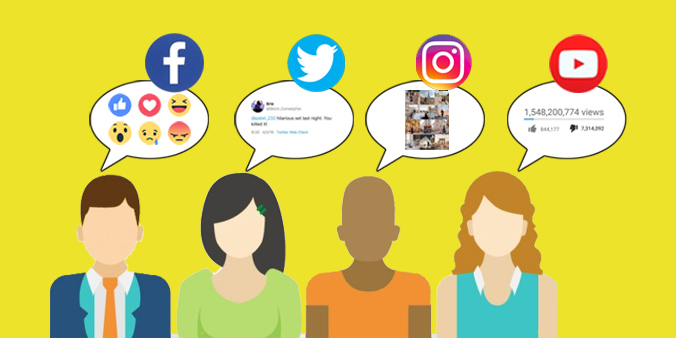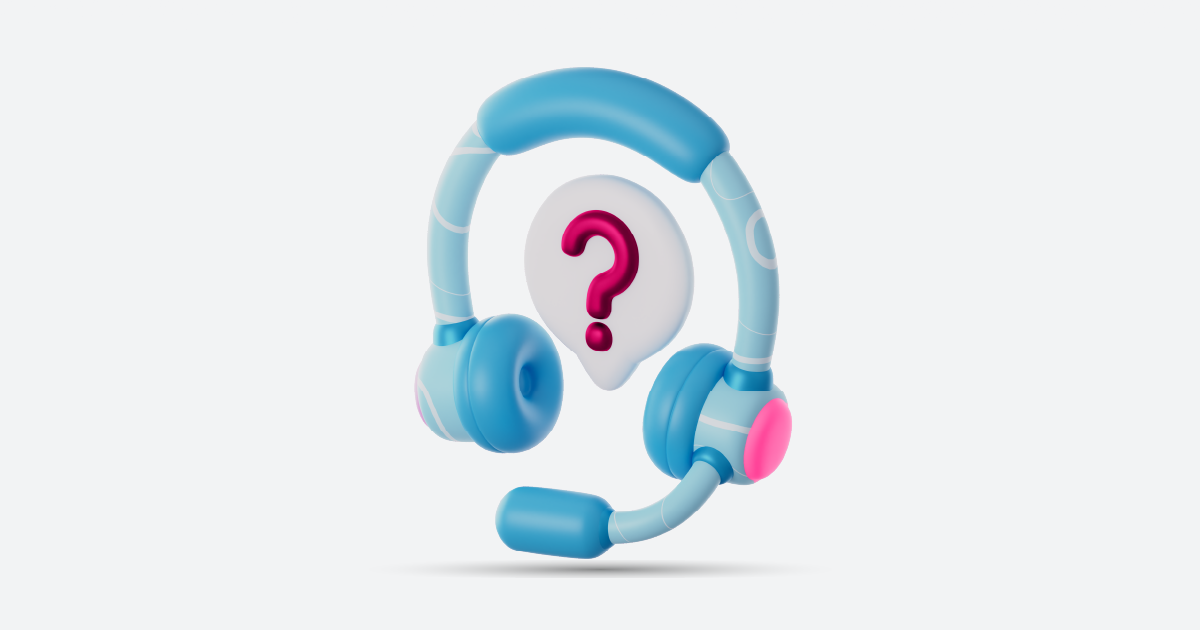In today’s digital age, understanding consumer behavior and preferences has become more crucial than ever for businesses seeking success. Traditional market research methods alone may no longer provide accurate and real-time insights. This is where social listening comes into play. By monitoring and analyzing online conversations, businesses can unlock valuable consumer insights that drive informed decision-making. In this article, we will explore the concept of social listening and consumer insights, highlighting its benefits and best practices for implementation.
Introduction to Social Listening and Consumer Insights
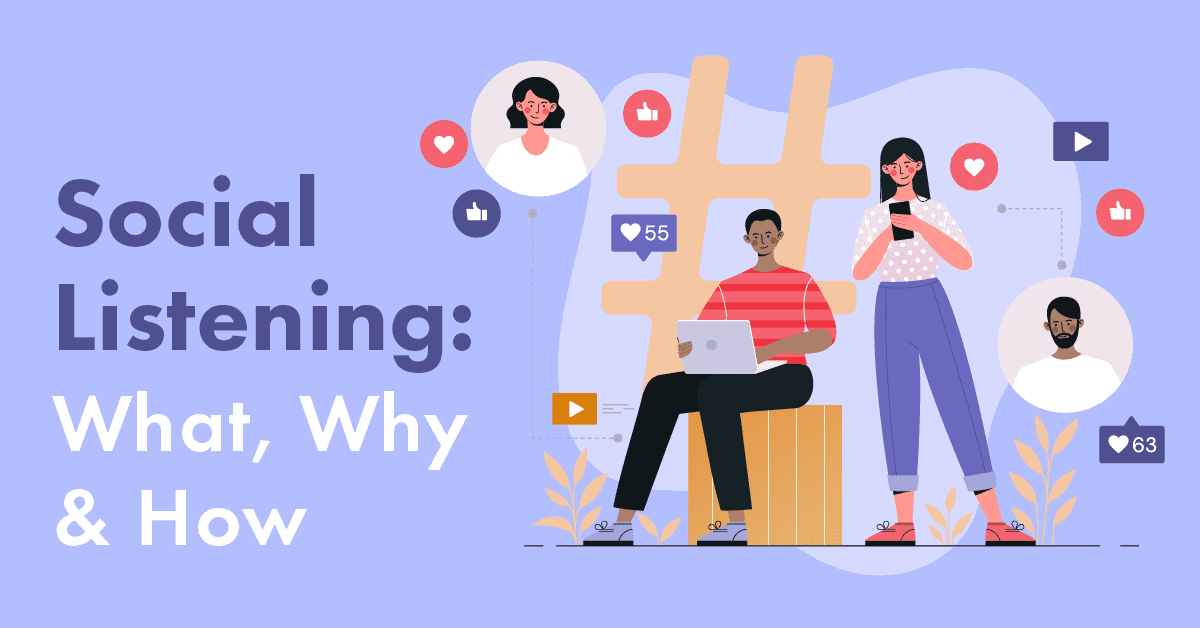
What is Social Listening?
Social listening refers to the process of monitoring and analyzing online conversations happening across various social media platforms. It involves tracking brand mentions, keywords, and hashtags to gain a comprehensive understanding of consumer sentiment and trends. By tapping into the vast amount of user-generated content, businesses can uncover valuable insights and trends that inform their marketing strategies and product development.
The Importance of Consumer Insights
Consumer insights are a crucial component of successful business strategies. They provide valuable information about consumer preferences, needs, and behavior, enabling businesses to tailor their offerings and communication to meet customer expectations. Social listening acts as a powerful tool to collect and analyze these insights, helping businesses gain a competitive edge in the market.
How Does Social Listening Work?
Monitoring Social Media Platforms
To engage in social listening effectively, businesses need to monitor relevant social media platforms where their target audience is active. This includes popular platforms like Facebook, Twitter, Instagram, LinkedIn, and YouTube. By tracking conversations and mentions related to their brand, industry, or specific topics, businesses can extract valuable insights.
Analyzing Consumer Conversations and Sentiment
Once the relevant social media platforms are identified, businesses can employ social listening tools to analyze consumer conversations and sentiments. These tools use natural language processing and sentiment analysis algorithms to determine whether consumer sentiment is positive, negative, or neutral. This analysis helps businesses understand how customers perceive their brand and identify areas of improvement.
Identifying Trends and Patterns
Social listening allows businesses to identify emerging trends and patterns in consumer conversations. By tracking keywords, hashtags, and industry-related topics, companies can stay updated on the latest consumer preferences and industry shifts. This information can be used to tailor marketing campaigns, develop new products, or refine existing offerings.
Benefits of Social Listening and Consumer Insights for Businesses
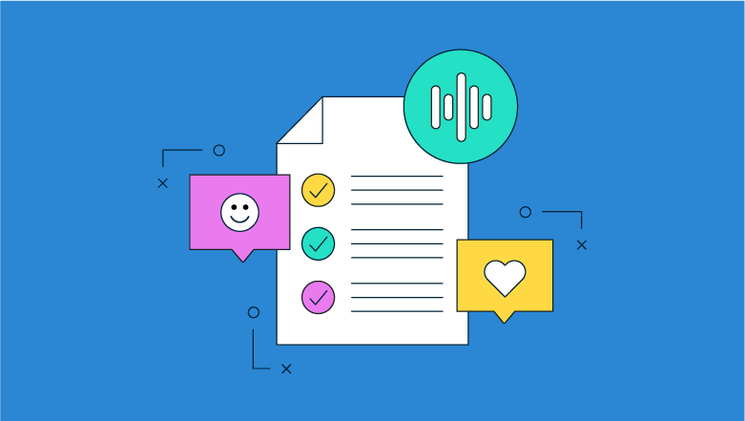
Understanding Customer Preferences and Needs
Social listening provides businesses with a direct window into the minds of their customers. By analyzing conversations, businesses can gain insights into customer preferences, needs, and pain points. This knowledge allows them to develop products and services that cater specifically to their target audience, improving customer satisfaction and loyalty.
Identifying Brand Reputation and Sentiment
Monitoring brand mentions and sentiment on social media platforms enables businesses to assess their brand’s reputation. Positive sentiment indicates a strong brand image and customer satisfaction, while negative sentiment highlights areas of concern that require attention. Social listening helps businesses understand how their brand is perceived and make necessary adjustments to improve their reputation.
Informing Product Development and Marketing Strategies
By analyzing consumer conversations, businesses can identify opportunities for product innovation or improvement. Social listening provides valuable feedback on existing products or services, enabling companies to make data-driven decisions. Additionally, social listening insights can inform marketing strategies, allowing businesses to create targeted campaigns that resonate with their audience.
Leveraging Social Listening for Competitive Analysis
Tracking Competitor Activities and Customer Perceptions
Social listening can also be used to monitor competitor activities and consumer perceptions. By tracking competitor mentions and analyzing customer sentiment towards them, businesses can identify areas where competitors excel or fall short. This information helps companies benchmark their performance, identify market gaps, and develop strategies to gain a competitive advantage.
Identifying Market Gaps and Opportunities
Through social listening, businesses can uncover unmet customer needs and identify gaps in the market. By analyzing consumer conversations, companies can identify emerging trends or demands that are not adequately addressed by existing products or services. This insight provides a foundation for developing new offerings that cater to these untapped opportunities.
Using Social Listening to Enhance Customer Experience

Addressing Customer Complaints and Issues Promptly
Social media platforms serve as a public forum for customers to voice their complaints or concerns. Social listening enables businesses to identify and address these issues promptly. By responding to customer complaints and resolving issues promptly, companies demonstrate their commitment to customer satisfaction, leading to improved brand perception and customer loyalty.
Gathering Feedback and Improving Products or Services
Social listening provides businesses with valuable feedback on their products or services. By actively listening to customer conversations, businesses can gain insights into customer experiences, preferences, and suggestions. This feedback can be used to make iterative improvements to existing offerings or develop new products that better meet customer expectations.
Harnessing Social Listening for Influencer Marketing
Identifying Relevant Influencers for Brand Collaborations
Influencer marketing has become an integral part of many businesses marketing strategies. Social listening helps identify relevant influencers who align with a brand’s values and target audience. By analyzing influencer conversations and engagement rates, businesses can select the most suitable influencers for collaborations that amplify brand awareness and reach.
Monitoring Influencer Sentiment and Campaign Effectiveness
Social listening allows businesses to monitor influencer sentiment and campaign effectiveness. By tracking conversations related to influencer collaborations, companies can gauge how the audience perceives the brand’s association with the influencer. This information helps businesses assess the success of their influencer marketing efforts and make data-driven decisions for future campaigns.
Utilizing Social Listening for Crisis Management
Detecting and Responding to Potential Crises
Social media platforms often act as early indicators of potential crises for businesses. By actively monitoring social media conversations, businesses can detect negative sentiment, customer complaints, or emerging issues. Social listening enables companies to respond proactively, addressing concerns before they escalate and potentially cause reputational damage.
Mitigating Reputational Damage through Proactive Measures
When a crisis arises, social listening can help businesses mitigate reputational damage. By promptly responding to customer complaints or negative sentiments, companies can demonstrate their commitment to addressing concerns and finding solutions. Social listening insights guide crisis management strategies, allowing businesses to communicate effectively and regain customer trust.
The Role of Data Analytics in Social Listening
Analyzing Large Volumes of Social Media Data
Social media generates a vast amount of data, making it challenging for businesses to analyze manually. Data analytics tools play a crucial role in social listening by processing and analyzing large volumes of data efficiently. These tools utilize machine learning algorithms to extract meaningful insights from the noise of social media conversations.
Extracting Actionable Insights using Advanced Tools
Advanced social listening tools employ sentiment analysis, topic modeling, and natural language processing techniques to extract actionable insights. By using these tools, businesses can categorize conversations, identify key themes, and analyze sentiment trends. These insights guide decision-making processes, enabling companies to take actions that align with consumer expectations and industry trends.
Best Practices for Effective Social Listening and Consumer Insights
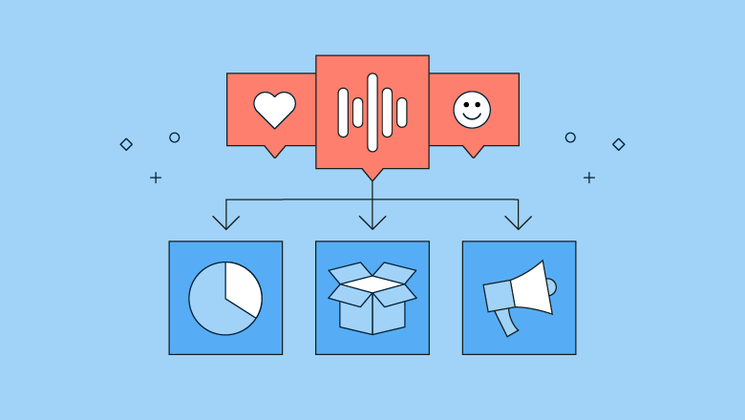
Setting Clear Objectives and Defining Target Metrics
Before embarking on a social listening journey, businesses should define clear objectives and metrics. Whether it’s understanding customer sentiment, tracking competitor activities, or monitoring campaign effectiveness, having specific goals ensures focused and effective social listening efforts. These objectives provide a benchmark for measuring success and guide the selection of appropriate metrics.
Utilizing Reliable Social Listening Tools and Platforms
Choosing the right social listening tools and platforms is crucial for accurate and insightful results. Businesses should evaluate various options and select tools that align with their objectives and budget. It’s important to consider factors such as data coverage, analytics capabilities, and user-friendliness when choosing a social listening solution.
Regularly Analyzing and Interpreting Data
Social listening is an ongoing process that requires regular analysis and interpretation of data. It’s not enough to collect data; businesses need to analyze and extract actionable insights from it. Regularly reviewing social listening data helps identify trends, patterns, and emerging issues promptly, allowing businesses to respond proactively.
Future Trends in Social Listening and Consumer Insights
Advancements in Artificial Intelligence and Machine Learning
Artificial intelligence and machine learning technologies are advancing rapidly, transforming the landscape of social listening. These technologies enable more accurate sentiment analysis, automated data processing, and predictive insights. As AI continues to evolve, businesses can expect even more sophisticated social listening tools and techniques that provide deeper and more actionable consumer insights.
Integration with Other Marketing and Research Techniques
The future of social listening lies in its integration with other marketing and research techniques. Businesses can combine social listening data with customer surveys, focus groups, and traditional market research to gain a holistic understanding of their target audience. This integration allows for richer insights and more comprehensive strategies that drive business growth.
Conclusion
In today’s digital era, social listening has become an indispensable tool for businesses aiming to understand consumer behavior and gain valuable insights. By monitoring and analyzing online conversations, businesses can uncover consumer preferences, identify market trends, and enhance their competitive edge. Leveraging social listening allows companies to refine their marketing strategies, improve product offerings, and strengthen customer relationships.
To experience the power of social listening firsthand and unlock valuable consumer insights for your business, we invite you to request a demo from Aim Technologies. Our advanced social listening platform combines cutting-edge technology with intuitive features, allowing you to harness the full potential of consumer data.
FAQs
Q1: How does social listening differ from social media monitoring?
- Social listening goes beyond social media monitoring. While social media monitoring focuses on tracking brand mentions and engagement, social listening delves deeper into analyzing consumer sentiment, identifying trends, and extracting actionable insights. Social listening provides a comprehensive understanding of consumer conversations, enabling businesses to make informed decisions based on consumer needs and preferences.
Q2: Can social listening be used for small businesses?
- Absolutely! Social listening is beneficial for businesses of all sizes. Small businesses can leverage social listening to understand their target audience, monitor their brand reputation, and identify growth opportunities. By gaining insights into consumer conversations, small businesses can tailor their offerings, improve customer experience, and compete effectively in the market.
Q3: What are some popular social listening tools available?
- There are several popular social listening tools available, catering to different business needs and budgets. Some notable options include Hootsuite Insights, Brandwatch, Sprout Social, Mention, and Talkwalker. It’s essential to evaluate the features, pricing, and data coverage of these tools to determine the best fit for your business.
Q4: Can social listening replace traditional market research methods?
- While social listening provides valuable consumer insights, it should not be seen as a replacement for traditional market research methods. Social listening offers real-time and large-scale data analysis, while traditional market research methods provide in-depth qualitative insights and allow for direct interaction with consumers. Combining both approaches can provide a comprehensive understanding of consumer behavior and preferences.
